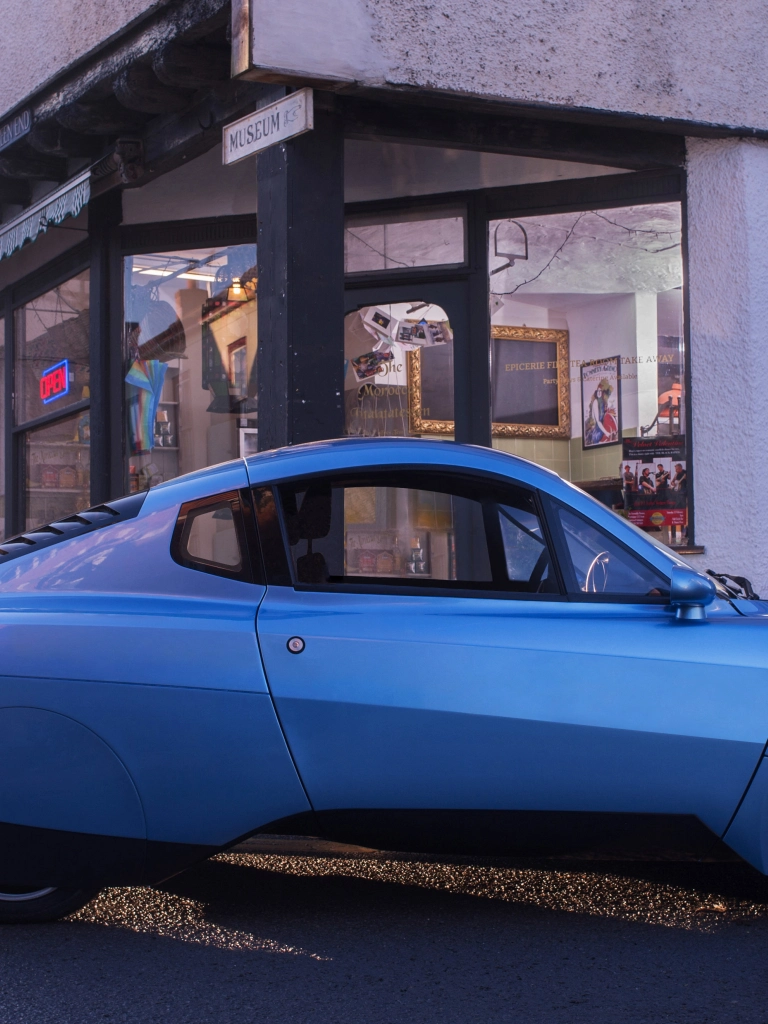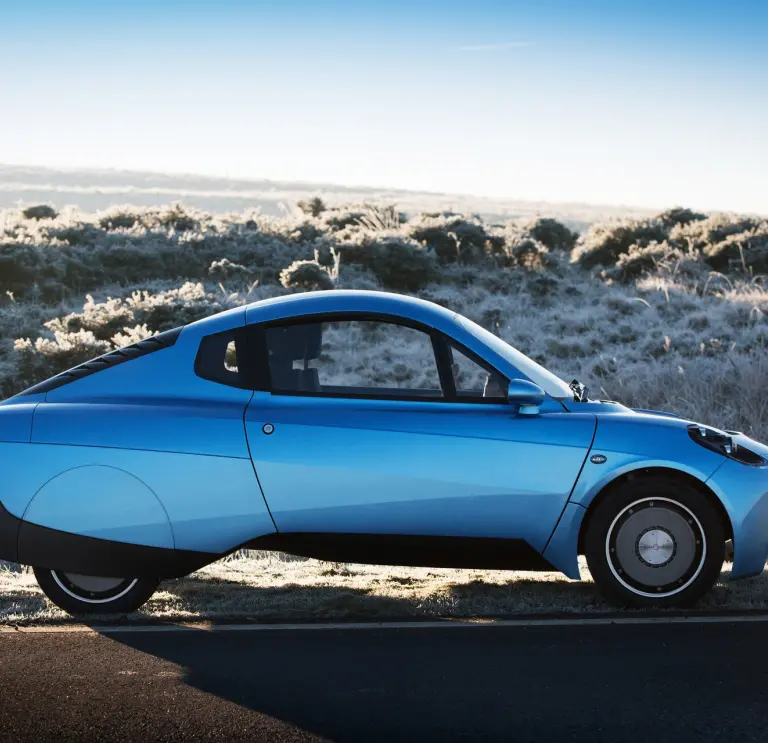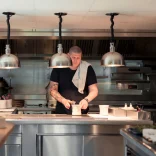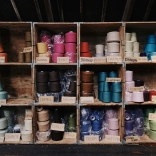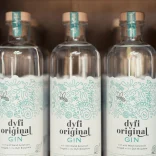If you’re lucky, you may catch a glimpse of the Riversimple Rasa on the rural backroads of Mid Wales, but you won’t hear it. When the baby-blue, two-seater coupé accelerates out of a bend, there’s no throaty engine roar: the car’s electric drivetrain is powered by an almost silent hydrogen fuel cell.
It’s a prototype that combines green technology with sleek automotive engineering. The name references the Latin phrase tabula rasa, usually translated as 'a clean slate,' but its profile owes much to classic sports cars of the past. It even has gullwing doors, reflecting such iconic models as the Mercedes-Benz 300SL or the DeLorean DMC-12, made famous in the 1985 blockbuster Back to the Future.
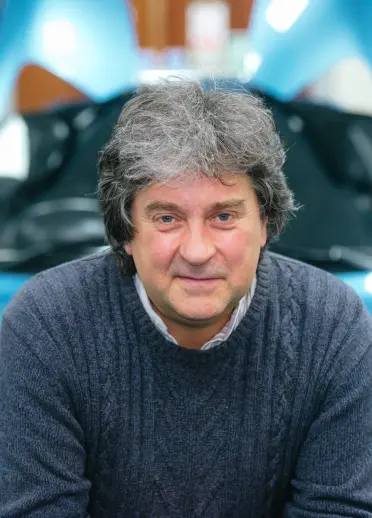
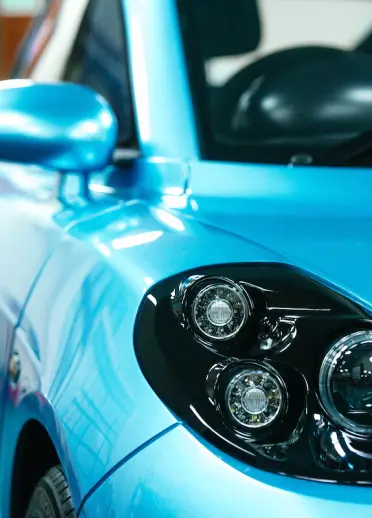
Hugo Spowers, Riversimple’s founder and chief engineer, hopes to start a revolution in sustainable motoring from his headquarters in Llandrindod Wells, Mid Wales. He says: ‘The automotive industry has been very successful for over 100 years, but the motor car is no longer fit for purpose. We started with a clean piece of paper, imagining a point of sustainability in the future and working backwards from it.’
The Rasa is a proudly Welsh product, and the first entirely homegrown car since the last Gilbern sports coupés rolled out of Pontypridd in the early 1970s. It’s fitting that the technology underpinning it can trace its ancestry to the work of Sir William Grove, the Swansea-born scientist who first produced electricity with a hydrogen cell in the 1840s (one of many important inventions to come out of Wales).
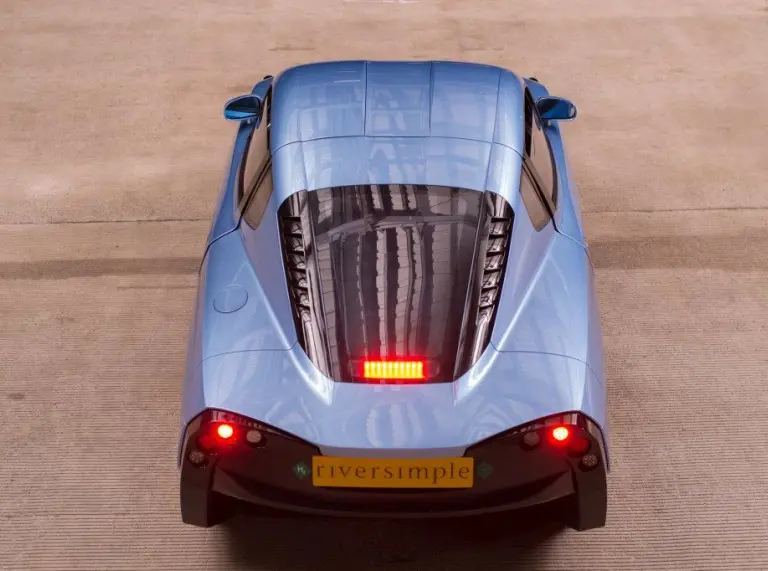
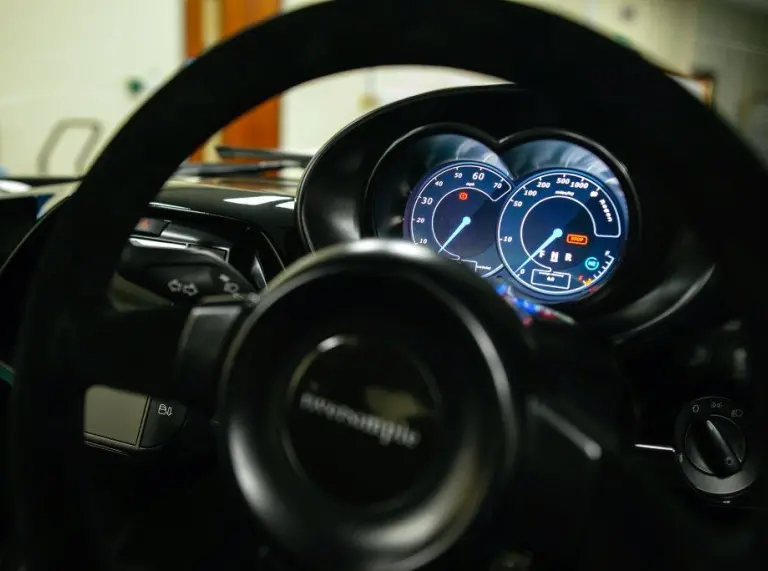
The first production-ready Rasa (shown in the header image) was unveiled in 2016. This prototype was tweaked and improved upon, and in 2019, the first Rasa Beta rolled off the production line. While it’s designed for the city rather than the open road, and has a range of around 480km (300 miles) on a full tank of hydrogen, it’s certainly no sluggard. The Rasa can reach its maximum speed of 95km/h (60mph) in under ten seconds.
That the car should be a nippy performer is perhaps no surprise. Hugo started his career in motor racing, once competing in the Le Mans 24 Hours endurance race. ‘It’s a lot of fun on these country roads,’ he says. ‘It’s simple and seamless to drive, with no gears and a light feel. You don’t need an instruction manual.’
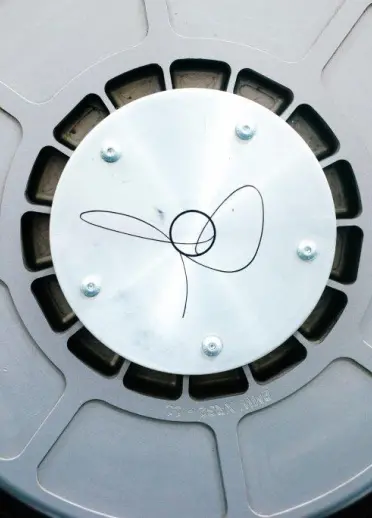
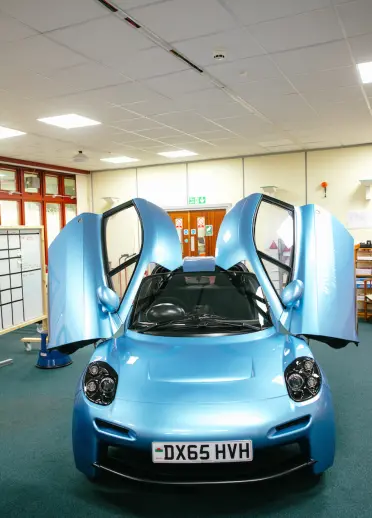
The Rasa is engineered to be lighter than a battery car, which Hugo believes will one day be superseded by hydrogen-powered vehicles. ‘I credit Elon Musk for shaking up the industry with Tesla, but electric cars are really just a stop-gap solution,’ he says.
The Beta version of the Rasas are now being tested by the general public, with successful trials having taken place in the Welsh county of Monmouthshire, where the company installed a hydrogen refueler, as well as in the town of Milford Haven in Pembrokeshire.
Feedback has been positive. And the hope now is to get the car into general production, with the company holding ambitions of building a manufacturing plant in Powys that would employ around 200 local people.
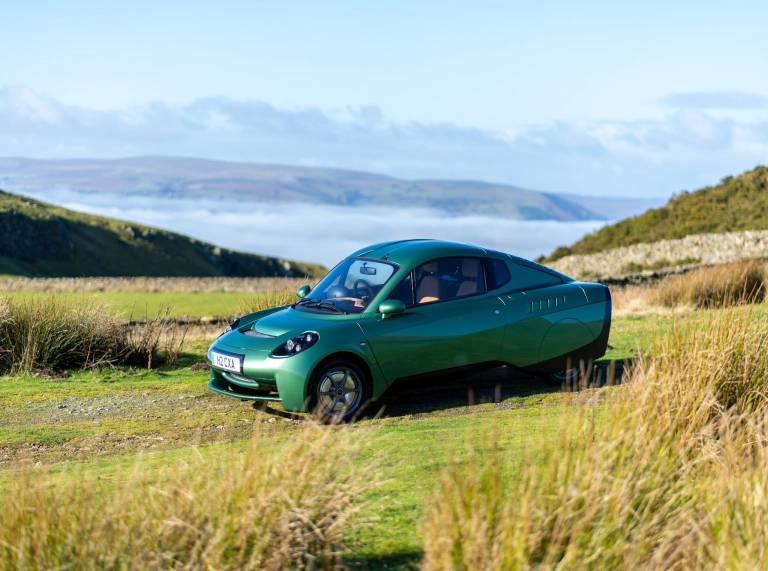
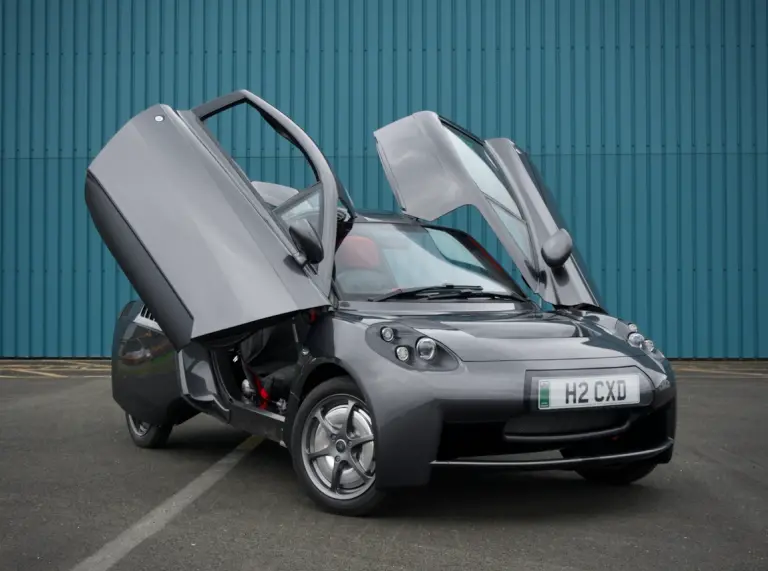
Along with thinking outside the box on alternative fuel sources, Riversimple are also taking an innovative approach to their business model when it comes to selling their vehicles.
When the car hits the market, interested buyers – who can already sign up to a waiting list to purchase the vehicle – will enter into a monthly subscription service, with a single monthly fee that covers the car, the maintenance, insurance and all fuel (incidentally, the car takes around five minutes to refuel with hydrogen). The expectation, based on the results of the trials, is that running a Rasa will be as economical as owning a small diesel saloon car.
While challenges remain, including a need for far more hydrogen refuelling stations, Hugo believes the Rasa can be one part of a sustainable future for mass transport. He says: ‘There are too many cars, too much congestion and not enough investment in mass transport. But the answer is not banning cars – it’s about fostering more opportunity for many different solutions.’
He points out that the motor industry has been slow to embrace change, but with the UK and EU announcing their intention to end new petrol and diesel car sales by 2035, a step-change is coming – and, he believes, it’s a chance for Wales to lead the world.
